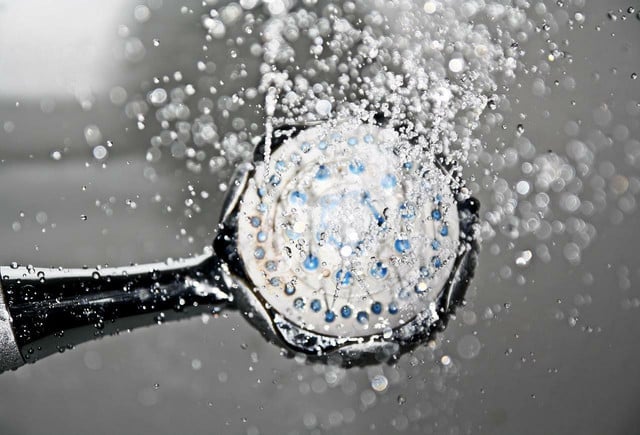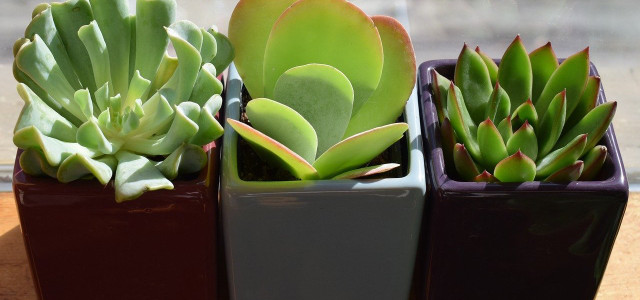A lack of humidity in your room and home can have negative impacts on overall health. Learn how to increase the humidity in your home naturally.
Dry air can be the result of a warmer room, such as from increasing heating during winter months, but can exacerbate health issues such as itchy skin, and can even negatively impact sleep cycles. A more humid home will stop skin from chapping, eyes from becoming red and irritated, and nasal passages from becoming too dry, as well as give more life to your plants, and better maintain wooden furniture. Although a humidifier is often touted as a surefire way to increase humidity at home, it can be costly. Instead, learn how to increase humidity naturally by following these 6 methods.
1. Air Dry Your Clothes

Drying your clothes in the dryer uses more electricity and energy and is tougher on the environment, whereas air drying has many benefits, including increasing the humidity in a room. Use a drying rack to hang your clothes; as the water evaporates it increases the overall humidity. Better for the environment and for your health!
2. Fill Dishes With Water by the Heater and on Window Sills
Filling a shallow plate with water (metal or ceramic) and leaving it by the heating fan will increase the humidity in the room much as a humidifier works. The fan will start to evaporate the water, which will then be distributed throughout the room. Leaving a dish on a window sill works similarly but the sun will heat the water naturally to dissipate it rather than the heater.
3. Add Some Plants



Plants take in water through their roots in the soil and transfer it to their leaves. This process adds moisture into the air, effectively increasing the humidity in the room. Make sure to water plants frequently (but not too much) particularly during dryer periods, as they too need humidity to survive.
4. Use Cooking Water
If you are already prepping a dish and need to boil water (such as for pasta or steamed vegetables) do not toss the water right away once you’ve finished cooking. The steam from the boiled water will dissipate into the air, essentially increasing the humidity.
5. Shower With the Door Open



If you live alone or have the opportunity to do so, showering with the door open will allow the steam that builds up inside the bathroom to enter the rest of the space, increasing humidity.
6. Air-Dry Dishes in the Dishwasher
Not everyone has a dishwasher, but if you do, instead of completing the dry cycle, leave the door open to let the dishes air dry. The steam from the wash cycle will dissipate into the air, increasing humidity.
Read on:
- Homemade Dish Soap: DIY Dish Soap and Dishwasher Detergent
- Dry Skin Remedies: 9 Ways to Soothe Dry Skin Naturally
- Recommended Thermostat Settings for Winter: How to Save on Heating
Do you like this post?








